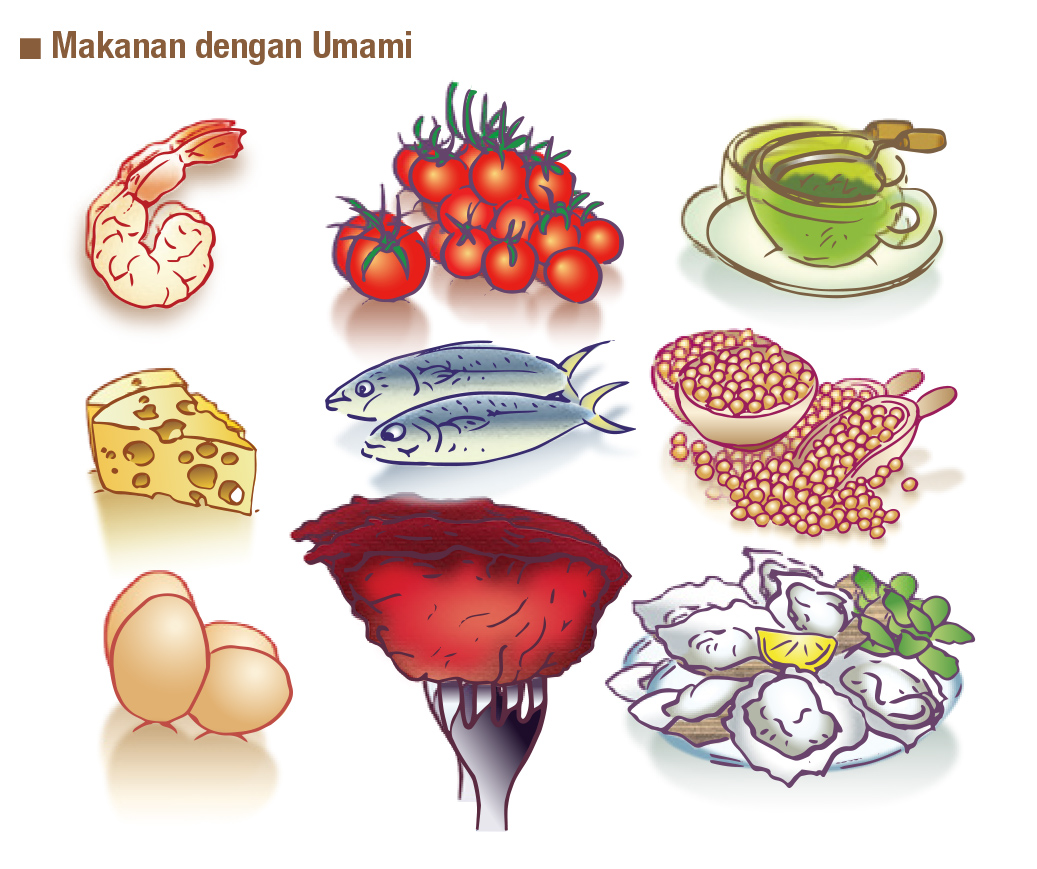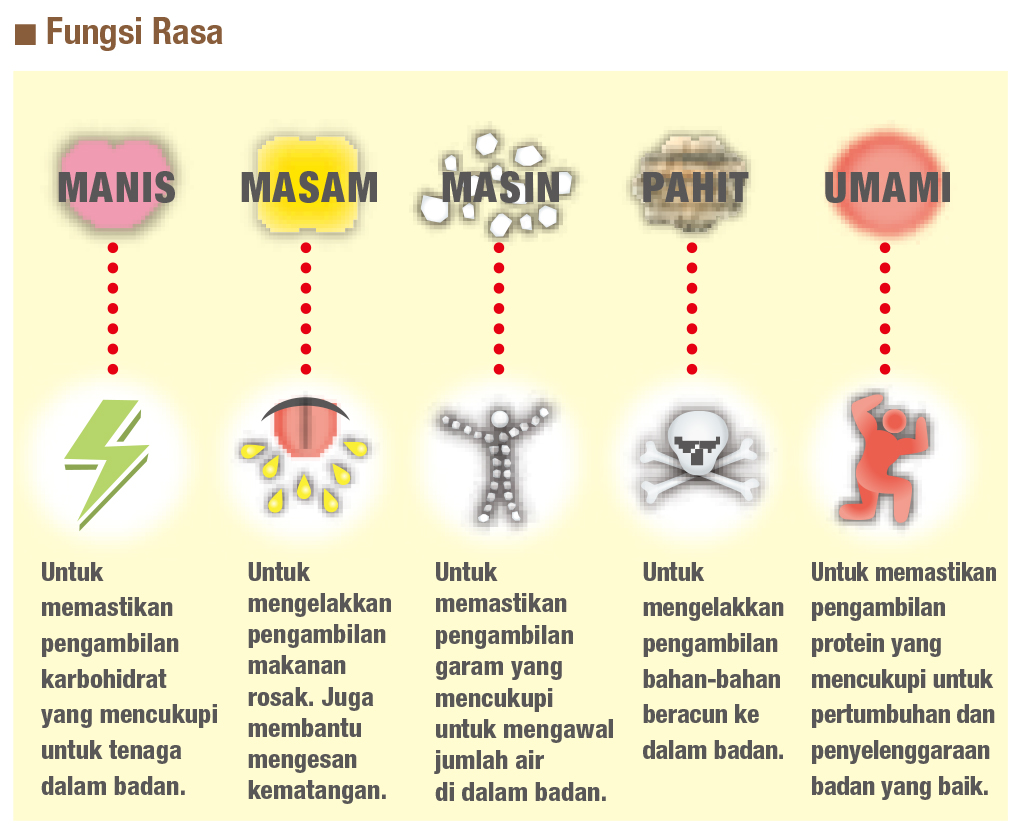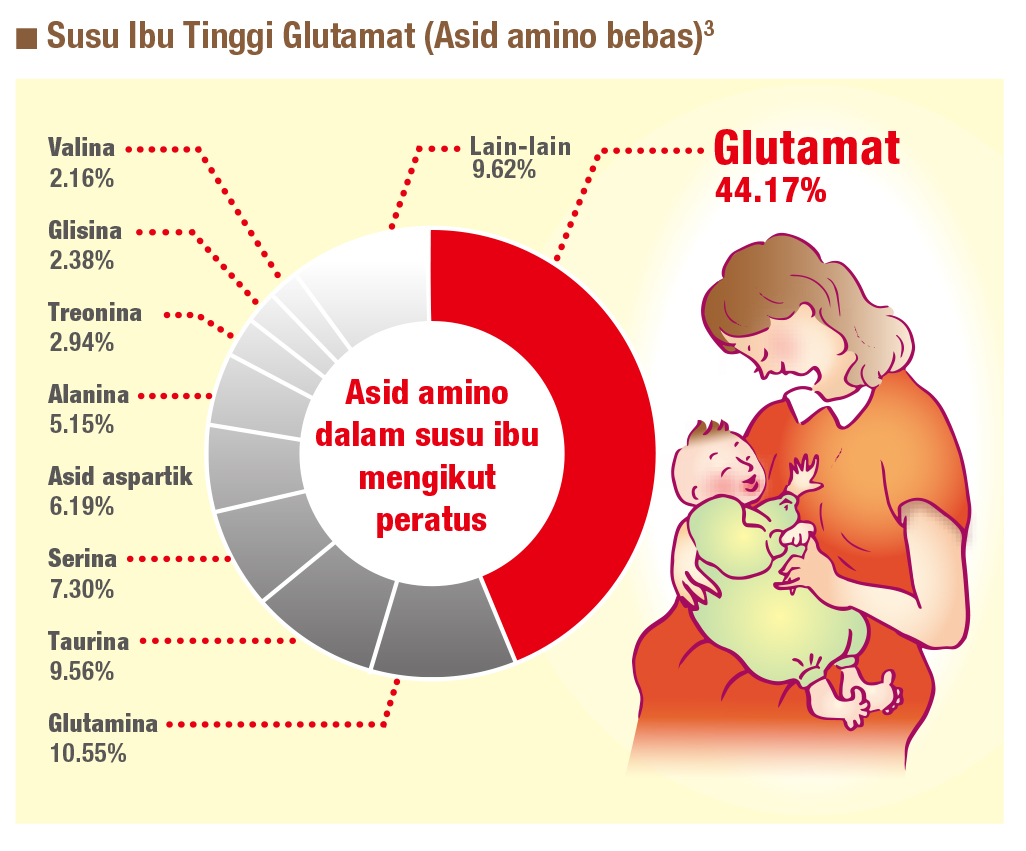Could Mankind Survive Without Umami?
Umami Might be More Important Than You Think
More and more people are becoming familiar with umami, the fifth basic taste—especially with the recent “umami boom” taking place around the world. But naturally, most people don’t consider umami to be all that important. It’s a word one hears in restaurants, and possibly while studying biology in high school.
But there’s more to it than that. Umami plays such a surprisingly fundamental role in human health and nutrition that it’s not an exaggeration to state that human beings couldn’t live without it.

Umami and Our Survival as a Species—the Function of Taste
All animals, including humans, need to eat to survive. And we can’t eat just anything. It might be possible to eat wood or dirt, but these things don’t really qualify as “food” because they don’t give us any nutrition. So how do we know what things we should eat, and what we shouldn't?
The answer is taste. Every basic taste—sweet, sour, salty, bitter, and umami—is a message that tells us something about what we put into our mouth, so we can decide whether it should be eaten.
Sweetness seems to be a marker for sugars, which gives the body fast energy, and carbohydrates, which replenish the energy stores in our body. From a nutrition point of view, both of these functions are extremely important for survival. Sugar gives the energy necessary for the fight or flight response in the presence of danger, and caloric intake prevents you from becoming malnourished, starving, and wasting away from diseases.

Umami and the Infant
Even now, umami plays an extremely important role in the survival of each and every individual. This is particularly true during infancy.
Human gestation lasts for about 40 weeks, during which time a new life develops from a single fertilized cell into a fully functioning human infant, ready to enter the world. For these 40 weeks, the embryo lives in the amniotic fluid, and by around week 16, the growing baby has developed taste receptors which allow it to sample various tastes from the mother’s amniotic fluid itself.1 The amniotic fluid is rich with free amino acids, and among them, glutamate is found in the highest concentration.2 That means that umami is one of the first tastes we experience, before we’re even born!

Read more